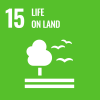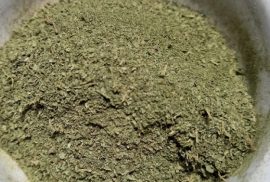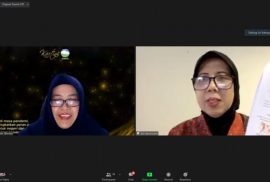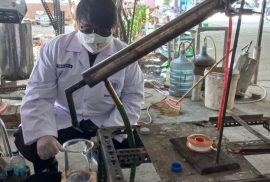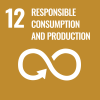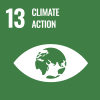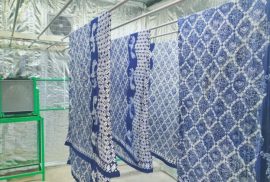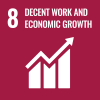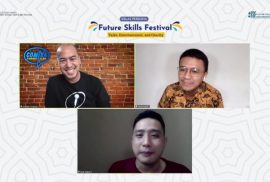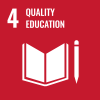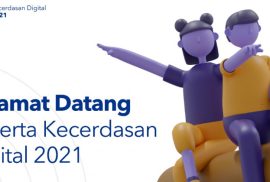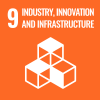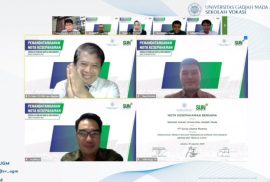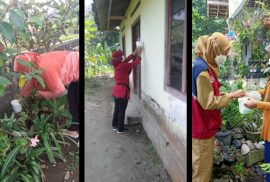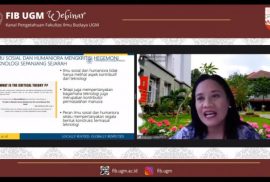Basil leaves are known as sprinkling spice that has a distinctive aroma and provides a unique taste. Basil also contains active substances that have the potential to be developed into an antihypertensive drug.
Rising blood pressure is often accompanied by various conditions such as severe headaches, impaired consciousness, and nausea and vomiting. These symptoms can also be suspected as symptoms of hypertensive encephalopathy, a complication of hypertension in the brain.
It is estimated that 3% of Indonesia’s population suffers from hypertension in 2015. Several hypertension drugs have also been circulated, such as ACE inhibitors and vasodilator drugs to lower blood pressure. However, these drugs cannot provide a neuroprotective effect that can reduce nerve damage to the central nervous system.
After knowing the potential of basil leaves as an anti-hypertensive drug, five UGM students, members of the UGM Exact Research Student Creativity Program (PKM) team consisting of Zahrandika Putra (Medicine 2019), Cici Yulian (Medicine 2019), Martinus Yayan (Medicine 2019), Medicine 2020), Talitha Tara (Kimia 2018), and Afif Akmal (Kimia 2018) conducted a 3-month study to develop and investigate antihypertensives found in basil leaves.
“Hypertension is a disease that many people suffer from in Indonesia. If not treated immediately, it can lead to stroke, kidney failure, and hypertension encephalopathy. This prompted us to research the content and test the potential of extracted basil leaves for antihypertensive drugs and neuroprotective agents,” said Zahrandika in a release on Friday (27/8).
Zahrandika explained that the active substance in basil leaves, linalool, is useful as a neuroprotective and antihypertensive agent that inhibits the movement of calcium in calcium channels, which can lower blood pressure. In addition to linalool, eugenol is contained in basil leaves which causes dilation of the aortic blood vessels so that it can also reduce blood pressure in people with hypertension.
“We process the basil leaves into thick extracts by immersing them in ethanol for three days. Next, we evaporate the result of the immersion to get the thick extract,” explained Talitha.
Basil leaf extract was tested for its content using the GC-MS instrument and tested on a rat animal model.
“There are five groups of rats, three, four, and five groups of hypertensive rat models were given basil leaf extract at different doses. The result showed a significant decrease in blood pressure compared to the rat model group that received no extract,” added Cici.
This research should be further developed and used as an alternative drug for hypertension encephalopathy.

